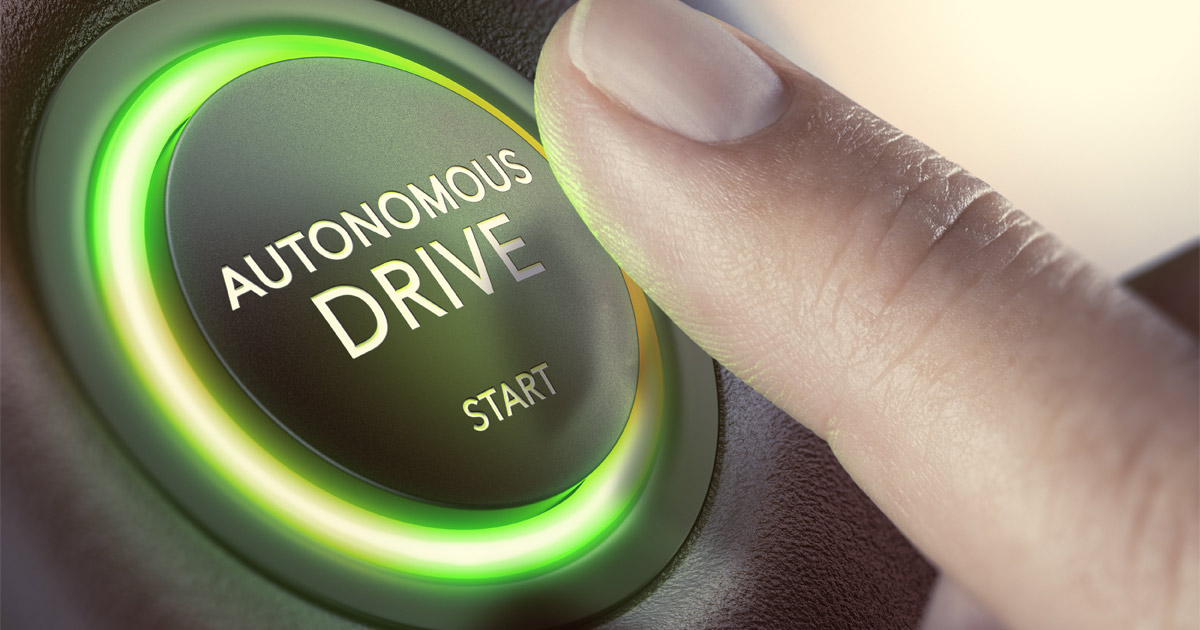Backup Drivers in Self-Driving Cars
February 27, 2020
It is just a matter of time before self-driving vehicles operate on public roadways. Companies such as Tesla, Waymo, and Google are leading the way in autonomous vehicle development. However, before these vehicles become a regular sight on roads and highways across the country, they must go through rigorous testing. Part of this testing often involves using a backup driver, also known as the in-vehicle fallback test driver (IFTD), who can intervene when needed. However, having an IFTD in the vehicle does not guarantee safety.
Companies hire people to be an IFTD, a job that could be considered easy money, considering the fact that they are expected to intervene only if necessary. Oftentimes, these new vehicles come with all sorts of bells and whistles, making the driving experience that much more enjoyable. However, after sitting for hours on end without any incidents, boredom can set in. It can be difficult to stay alert for an extended period. In addition, if the driver does intervene, and the company requires an explanation as to why, it can be difficult to prove that the intervention avoided a car accident because an accident never happened.
Backup Drivers Often Work Long Hours for Low Pay
Because IFTDs play an important role in testing the safety of self-driving cars, the only qualifications companies require is that drivers have a valid driver’s license. The pay is poor, with drivers often making minimum wage. Since the pay is so low, drivers often take on multiple jobs. Oftentimes, they show up for their shift after having already worked a full day. As a result, they are often exhausted, and easily distracted, which can have a significant impact on their ability to react quickly if they need to intervene. To save money, companies often try to keep fallback drivers to a minimum. As a result, drivers may work eight to 10-hour shifts. It is very difficult, if not impossible, for drivers to stay engaged and alert for up to 10 hours.
Fortunately, the Automated Vehicle Safety Consortium (AVSC) released a set of best practices that encourage self-driving car manufacturers to select qualified drivers and provide the proper training. Drivers will be required to have a minimum amount of driving experience and demonstrate the mindset needed to be an IFTD. In addition, they will need to take a basic driver training course, take a written exam, and complete a demonstrated driving skill test.
Baltimore Car Wreck Lawyers at LeViness, Tolzman & Hamilton Represent Victims of Self-Driving Car Accidents
If you were seriously injured in a car accident involving a self-driving car, do not hesitate to contact the Baltimore car wreck lawyers at LeViness, Tolzman & Hamilton. If there was a backup driver on board, we will determine whether they failed to intervene, or if the self-driving vehicle was to blame. Our dedicated team will ensure that your rights are protected and that you receive the maximum financial compensation you deserve. To schedule a free consultation, call us today at 800-547-4LAW (4529) or contact us online.
Our offices are located in Baltimore, Columbia, Glen Burnie, and Prince George’s County, allowing us to represent victims in Maryland, including those in Anne Arundel County, Baltimore County, Carroll County, Harford County, Howard County, Montgomery County, Maryland’s Western Counties, Prince George’s County, Queen Anne’s County, Southern Maryland, and the Eastern Shore, as well as the communities of Catonsville, Essex, Halethorpe, Middle River, Rosedale, Gwynn Oak, Brooklandville, Dundalk, Pikesville, Nottingham, Windsor Mill, Lutherville, Timonium, Sparrows Point, Ridgewood, and Elkridge.
